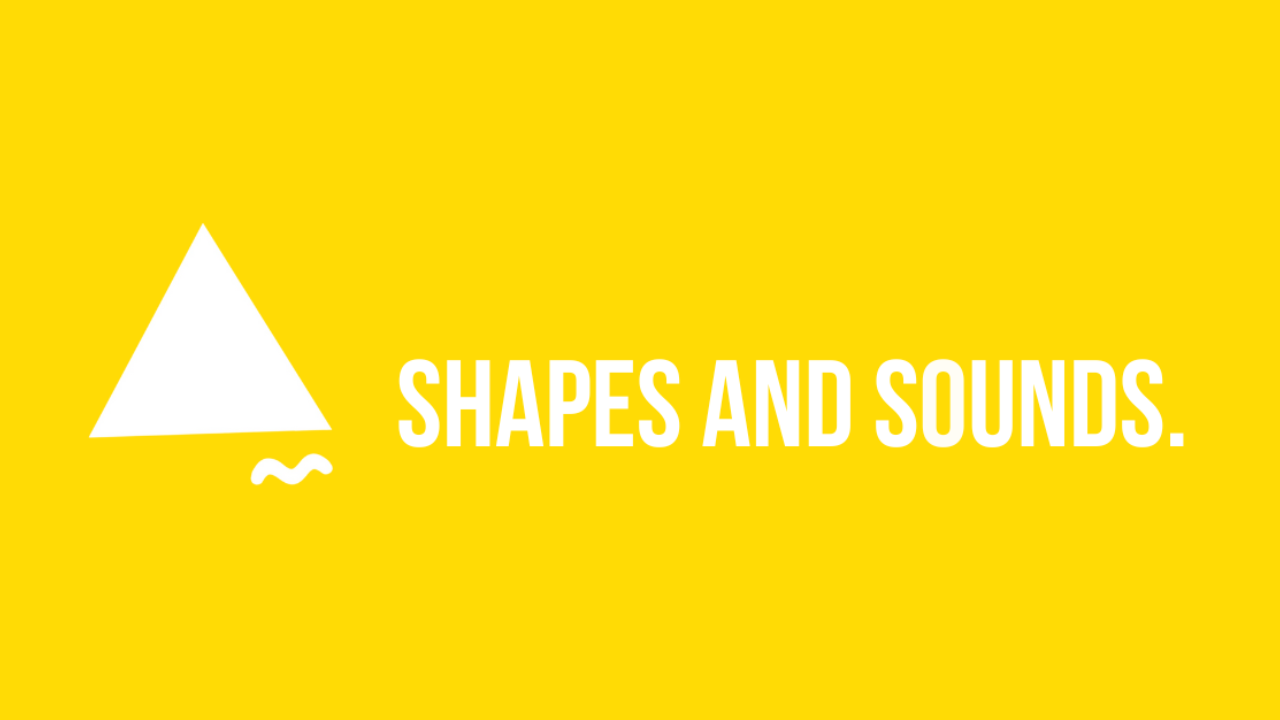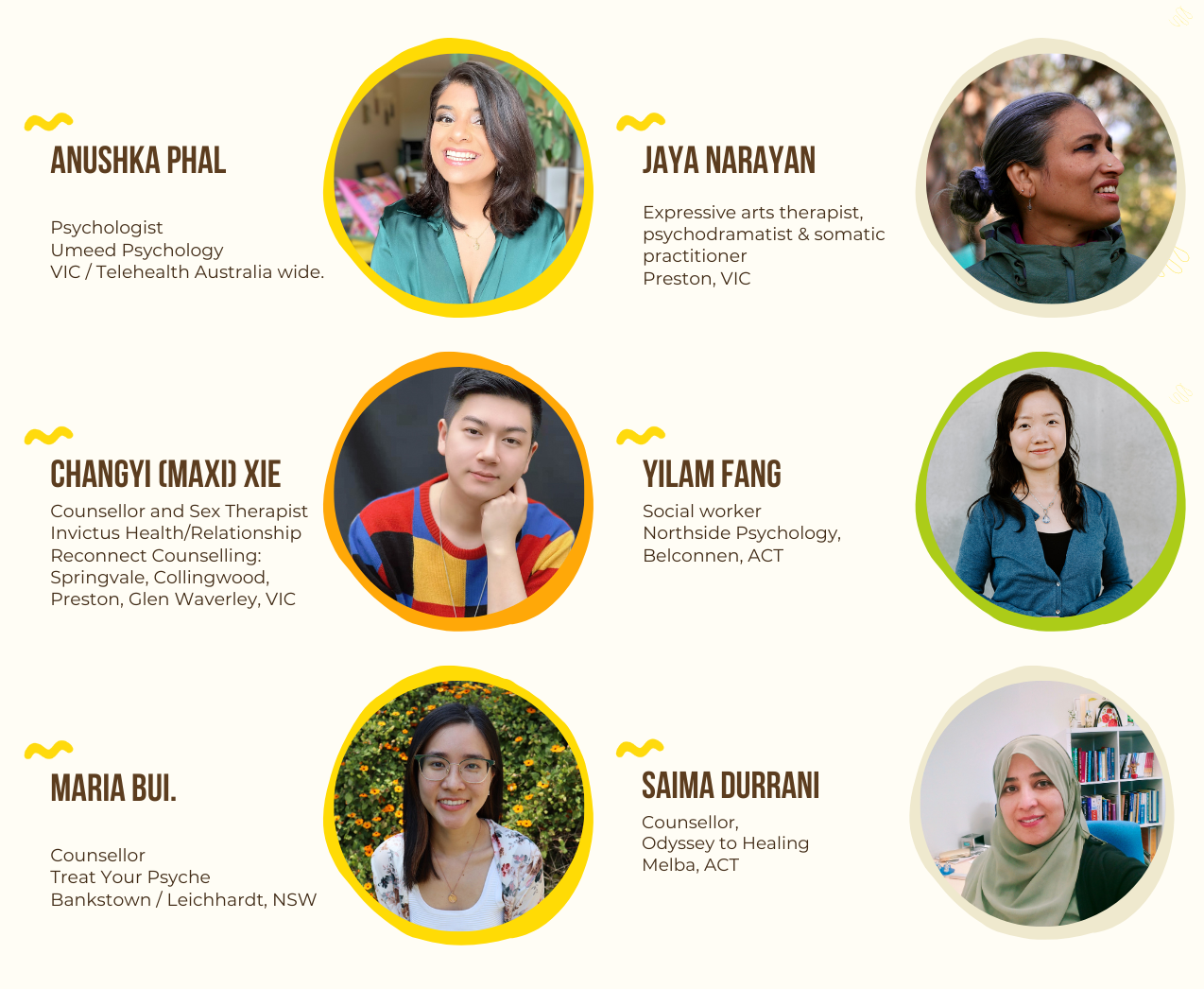June newsletter: AI in mental health? And more.
Jun 03, 2023
Hello there!
This month, we're excited to invite you to our free, Community Check-In workshop on Tuesday June 27th!
We know that one of the greatest barriers to accessing mental health services is the cost that's involved, so we've created these free workshops where you can "check-in" with both yourself and our team of culturally-responsive mental health practitioners, to help you care for your mental health and wellbeing.
Scroll down to learn more and we can't wait to welcome you into our warm and friendly Shapes and Sounds community on June 27th!
❤️ Asami
🌱Upcoming workshops:
For therapists: Develop your culturally-responsive practice at our next professional development session, Connect and Grow on June 8th at 7.00pm AEST.
Learning theme: Transference and Countertransference when working with Asian clients.
For the general public: Improve your mental health and wellbeing at our next FREE Community Check-In (formerly the Shapes and Sounds Club) on Tuesday June 27th at 7.30pm AEST.
This session is facilitated by our team of Asian Australian psychologists and therapists.
🦉Some interesting mental health info:
📺 The news: Okay everyone's talking about AI in mental health and so I feel obliged to join the conversation too. Listen, AI can tell you in a flash what any particular diagnosis is, however mental health care isn't purely about accessing information. Instead, this article highlights how mental health care is relational - meaning, as human beings, we need other human beings to heal.
📚 Academia: Here at Shapes and Sounds, a key theme we always talk about is the effects of intergenerational trauma on our family dynamics, especially those first-generation migrant families. This meta-analysis assesses these effects, and demonstrates the urgency for research into these highly nuanced cultural elements which impact our wellbeing on all levels.
🎨 The arts: So here's a great question which I'll quote directly from the source, "why is Opera Australia giving encore to this racist, sexist show?"
🔎 Searching for a therapist?
Connect with our new practitioners below, or share this page with someone who may need this!
🎤 Therapist spotlight.
Get to know psychotherapist, Amirah Shah via our interview:
"If I could be my own therapist, I would remind myself of what Rumi once said:
"The wound is the place where the Light enters you."
I will continue to honour my wounds, and help others do the same."

✨Thank you for reading up to this point!
We rely heavily on your generous support to provide ongoing and free mental health resources to Asian communities in Australia.
Support Shapes and Sounds HERE.
✍️ A journaling prompt for June:
We're right in the middle of National Reconciliation week, during a deeply tense conversation about the Voice referendum. This year (but not just this year), as settlers on stolen indigenous land here in Australia, it's imperative that we lean into conversations about the recognition of Aboriginal and Torres Strait Islander peoples and examine the ways in which we may be perpetuating systems of oppression.
Therefore, this month's journaling prompt is a big one and we encourage you to take this two-part reflection slowly.
✍️Colonisation has caused multi-generational devastation for Indigenous and non-indigenous people all across the globe.
What is your personal and/or ancestral relationship with colonisation? And in what ways does this impact your engagement with the Voice Referendum?
~
Learn more about the Voice Referendum HERE and access translated documents for you to share with others.
🐌 And last but not least:
Recently in social media land,
We shared this video about how culturally-responsive mental health care isn't (just) about being nice to people of colour...
📱Click to connect back in with our instagram!
💡For community members:
We created the "Essential Guide for Asian Australian Mental Health" by surveying over 350 Asian Australians during Covid-19 lockdowns.
Download our guide and learn about the three most pertinent areas of concern for the Asian community, with tips and strategies to support you through.
🤝For mental health service providers:
Shapes and Sounds supports mental health organisations and teams to feel confident and resourced in providing culturally-responsive care to the Asian community in Australia.
Download our information pack to learn more.

